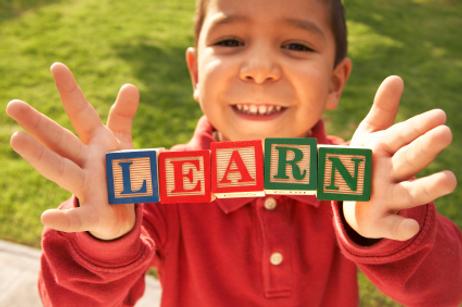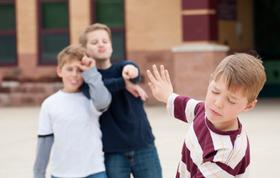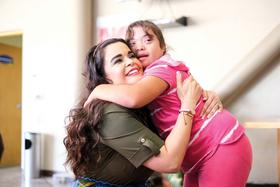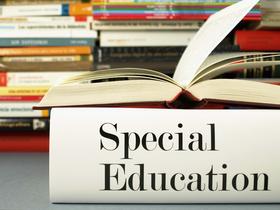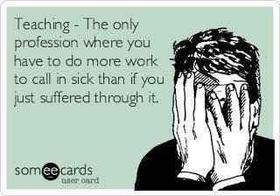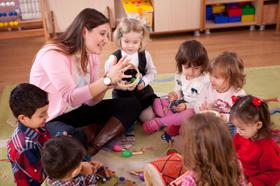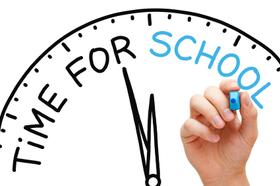The New Haven public school system, like others across the country, is dealing with a high drop-out rate that leaves many students unable to climb out of their current poverty trap. To help combat the problem in this New England state, Yale University has pledged a large amount of money over the next four years to help high school students in Connecticut go to college without worry over how bills will be paid. Yale has recently announced the New Haven Promise. This new program will allow public high school graduates in Connecticut the opportunity to go to college for free if they qualify for admission and keep their grades up during college.
This video explains how financial aid works at Yale University.
New Haven Promise
New Haven Promise is a scholarship and support program created by the city of New Haven and Yale University. It is designed to reduce the public school drop-out rate by allowing many more New Haven students to attend college.
According to the New Haven Promise website, the organization hopes to accomplish the following:
- Cultivate an aspiration for higher education among New Haven public school students
- Build a community of support and parental engagement
- Grow the economic development throughout the city of New Haven
The organization wants to be the catalyst that reduces not only drop-out rates but poverty, crime, and incarceration rates in New




